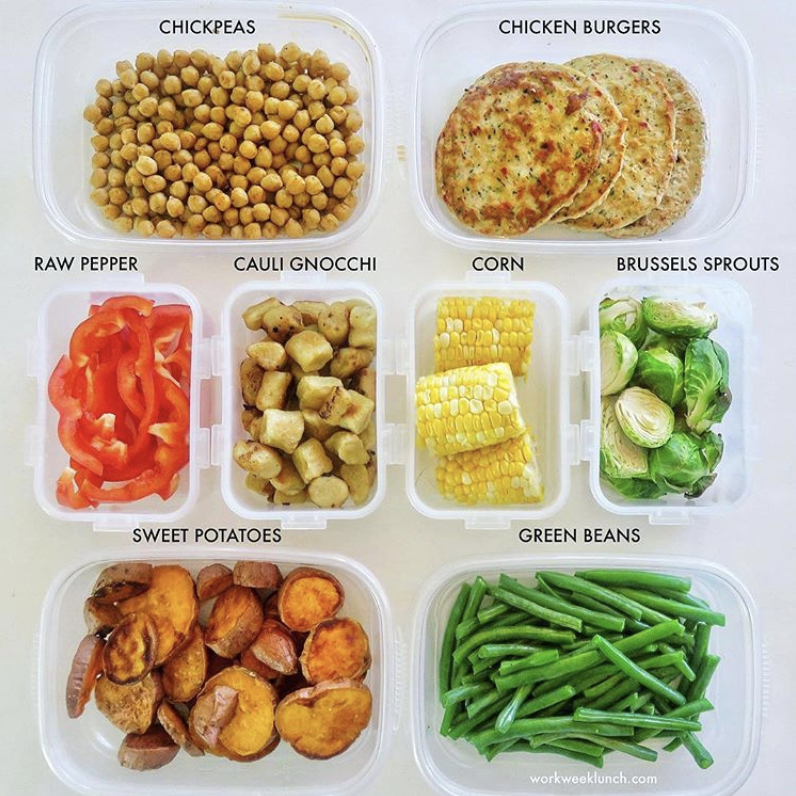Parents often struggle with nutritional planning for picky eaters, as children may refuse vegetables, ignore fruits, or demand the same food every day. Picky eating affects growth, immunity, and overall well-being if not managed properly. Careful planning helps children receive essential vitamins, minerals, proteins, and healthy fats even when their choices seem limited. Creating balanced meals with creative presentations turns stressful mealtimes into positive experiences. Building a consistent routine, offering variety, and encouraging participation in food selection all play a role. With patience and smart nutrition strategies, parents can turn picky eating into an opportunity for healthy growth.

Why Nutritional Planning Matters
Balanced nutrition during childhood shapes energy, growth, and brain development. Picky eating creates gaps that lead to fatigue, weak immunity, and poor concentration. Parents who focus on meal planning for picky eaters ensure children get all nutrients despite limited food choices. Thoughtful menus reduce dependency on junk foods and help maintain healthy eating habits long term. Good planning also eases parental stress, as mealtime becomes more structured and less frustrating. When parents understand their child’s preferences and balance them with nutrient-rich alternatives, they create meals that both satisfy the child and protect long-term health.
Key Nutrients for Picky Eaters
Protein
Eggs, beans, poultry, and tofu support muscle and tissue growth.
Iron
Spinach, fortified cereals, and lean red meat prevent fatigue and aid brain development.

Calcium
Milk, yogurt, and cheese strengthen bones and teeth.
Healthy Fats
Avocados, nut butters, and olive oil boost energy and brain health.
Vitamins and Fiber
Carrots, apples, and whole grains improve digestion and immunity.
Parents should rotate these nutrient sources into familiar dishes. Blending vegetables into sauces, offering smoothies, or using fun shapes for fruits encourages toddlers and older children to eat without resistance. This way, every meal supports balanced growth.

Creative Meal Ideas for Picky Eaters
Fun Breakfast Options
Pancakes with hidden fruit, smoothies with spinach, and oatmeal with berries give children a sweet start while sneaking in nutrients.
Lunchbox Inspiration
Wraps, pasta salads, and veggie muffins offer variety in small portions children enjoy.
Dinner Tricks
Homemade pizzas, rice bowls, and stir-fried noodles allow parents to hide vegetables and proteins creatively.
Snack Smart
Trail mix, yogurt parfaits, and fruit skewers satisfy cravings while supplying vitamins and minerals.
The goal is to make food exciting through colors, textures, and playful presentations. Parents can involve children in cooking or grocery shopping to boost interest. Creative planning not only makes meals more appealing but also transforms picky eating into a fun adventure.
Lifestyle Strategies That Support Better Eating
Food alone cannot solve picky eating. Parents need consistent routines, limited distractions, and positive reinforcement. Family meals, patient encouragement, and regular schedules help children feel secure and willing to try new foods. Avoid forcing or bribing, as these create negative associations. Combining gentle exposure with structured mealtimes fosters gradual acceptance of diverse foods.
Conclusion
Focusing on nutritional planning for picky eaters ensures children receive the essential nutrients needed for healthy growth. With creative meals, balanced menus, and positive habits, parents can turn picky eating into a rewarding journey toward lifelong wellness and confidence with food.
